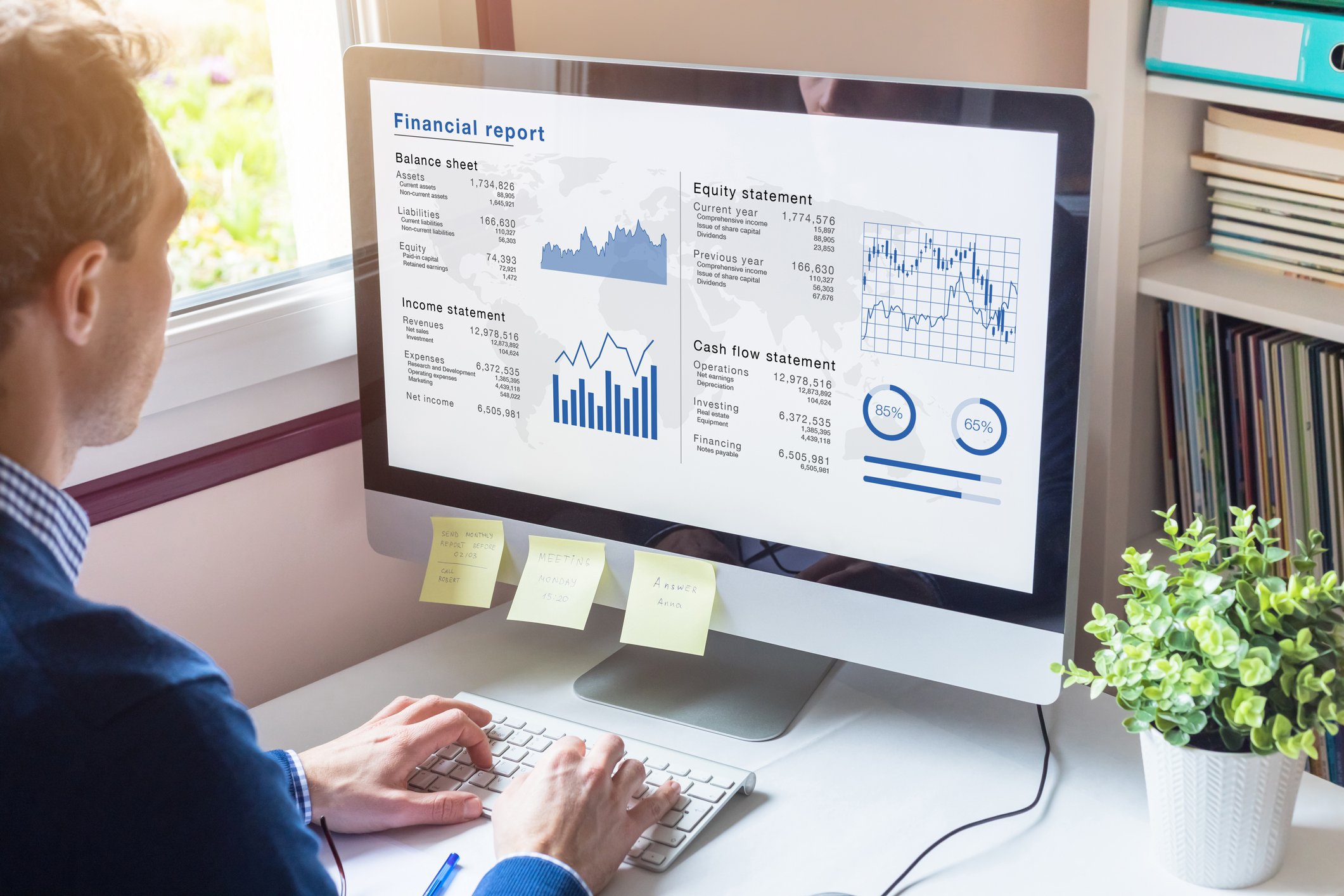Berkshire Hathaway (BRK.A +1.74%) (BRK.B +1.62%) has been an incredible long-term investment. After taking over the struggling textile maker in 1965, Warren Buffett transformed the company into a diversified conglomerate that had a compound annual growth rate (CAGR) of nearly 20% over the following six decades.
That rally would have turned $1,000 into $55 million. The same investment in the S&P 500, which had a CAGR of 10% over the same period, would be worth about $390,000.
But as Buffett gets ready to retire by the end of the year, is Berkshire's stock still worth buying? Let's review its business model and future challenges to decide.

Berkshire Hathaway CEO Warren Buffett. Image source: The Motley Fool.
Understanding Berkshire's business model
Berkshire Hathaway owns a mix of insurance, railroad, energy, manufacturing, retail, and consumer staples companies. Its top subsidiaries include GEICO, the utility PacifiCorp, the BNSF Railway, Duracell, the Nebraska Furniture Mart, See's Candies, Dairy Queen, and Fruit of the Loom. Most of those companies generate plenty of cash and are well insulated from economic downturns.

NYSE: BRK.B
Key Data Points
Berkshire Hathaway also owns a portfolio of stocks worth about $313 billion, or 30% of its entire market cap of $1.03 trillion, as of this writing. Its top holdings include blue chip giants like Apple, American Express, Bank of America, Coca-Cola, and Chevron. Many investors follow that list for long-term investment ideas that were personally approved by the Oracle of Omaha.
It's tough to keep track of all of Berkshire's moving parts, but its growth can be measured with two key metrics: its float (the amount of cash from its insurance subsidiaries' premiums that can be deployed on investments before claims are paid) and its operating earnings (which exclude the volatile gains or losses from its equity portfolio). Both metrics grew over the past three years -- even as inflation, rising rates, and other macro headwinds rattled the market.
|
Metric |
2022 |
2023 |
2024 |
|---|---|---|---|
|
Year-end float |
$164 billion |
$169 billion |
$171 billion |
|
Operating earnings |
$31 billion |
$37 billion |
$47 billion |
Data source: Berkshire Hathaway.
Berkshire continued to grow in that challenging environment for three reasons. First, its insurance business is well insulated from economic downturns because those customers generally won't cancel their policies just to save a few dollars. Second, its railroad, manufacturing, and utility businesses have wide moats and plenty of pricing power. Lastly, rising rates actually boosted the yields of its short-term Treasuries, which it's been hoarding over the past few years.
From 2022 to 2024, Berkshire's year-end cash, cash equivalents, and short-term Treasuries surged from $128 billion to $334 billion. That total rose to $340 billion in the second quarter of 2025. That gain was driven by its liquidation of some stocks and a decision to pause its buybacks in 2024.
What challenges does Berkshire Hathaway face?
Buffett's decision to trim some of Berkshire's top holdings, hoard more cash and T-bills, and pause its buybacks all suggested the market was getting overheated. That's certainly true: The S&P 500 is hovering near its record high and looks historically expensive at 32 times earnings.
Yet the stock still looks reasonably valued at 22 times last year's operating earnings. If we turn the clock back to the end of 2022, it was also trading at about 22 times its trailing operating earnings -- but its stock has rallied more than 50% since then.
Berkshire's valuations probably aren't overheating in this frothy market because it faces some unpredictable challenges. First and foremost, its longtime investors are probably worried that Buffett's successor, Berkshire Hathaway Energy's current CEO Greg Abel, won't stick to the Oracle's playbook of steadily growing its float and investing in stable blue-chip stocks.
The company's growing cash hoard (now sitting at $382 billion) suggests it's running out of fresh ways to expand its core subsidiaries or investment portfolio. That's a prudent move in a pricey market, but sticking to that conservative strategy might cause it to underperform the S&P 500 over the next few years.
Is it the right time to buy Berkshire Hathaway's stock?
Berkshire Hathaway's stock might trade sideways over the next year as Abel takes the helm. But if he sticks to Buffett's time-tested strategies, it should still grow its float and operating earnings as it prunes or expands its stock portfolio. Simply put, it's still a rock-solid buy, but investors shouldn't expect any huge near-term gains.






